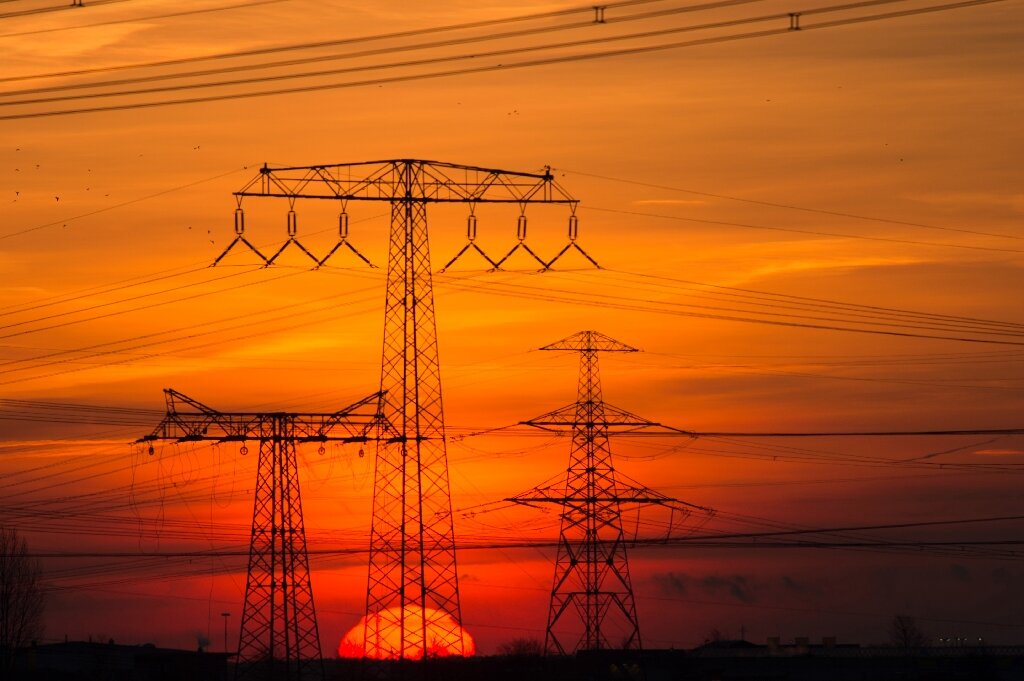Germany’s Economy Minister, Robert Habeck, has presented a plan to cap the price of electricity used by energy-intensive industries. The move aims to insulate the sector against sharp cost increases. However, the proposal has already sparked criticism. The cap would be set at €0.06 ($0.07) per gigawatt-hour (GWh) and would apply until 2030. At least 80% of companies’ electricity usage would be covered. Energy costs in Europe rose sharply following the Russian invasion of Ukraine, as Moscow dwindled critical gas supplies to Europe. The German statistics agency Destatis reported that the electricity price for non-residential customers averaged €0.18 without taxes in the second half of 2022. The sudden rise in costs for heating and electricity has weighed on industry, with Germany experiencing anaemic growth in the months since the outbreak of the conflict.
In November 2021, Berlin announced a €200 billion package to protect consumers and businesses from sky-high energy costs through April 2024. Habeck said at a press conference that the measures had “stabilised energy-intensive industry, but we must not squander this achievement”. The proposed cap would ensure that “critical branches of industry” remain based in Germany and Europe. Habeck described the proposal as a longer-term “bridge” solution until renewables capacity has been increased, and prices have come down. A “clearly defined” group of energy-intensive industries, including sectors such as chemicals, steel, and glass manufacturing, would have access to the low-cost electricity. Beneficiaries would see the difference between the market price for electricity and the cap reimbursed. The total cost of the project would run to between €25 and €30 billion, according to the economy ministry’s estimates.
The VCI chemicals lobby welcomed the price cap in a statement as a “clear game changer for our international competitiveness”. However, the proposal faces resistance from within the government coalition, a three-way alliance between the Social Democrats, Greens, and the liberal FDP. Finance Minister Christian Lindner wrote in the Handelsblatt daily earlier this week that he took a “very critical view of the industrial electricity price”. Lindner said that the idea was “economically unwise”. His party, the FDP, has championed Germany’s balanced-budget orthodoxy. Habeck’s proposals could also raise concerns in Brussels that Germany is unfairly subsidising its industry. The ministry said it would “enter into a constructive discussion with the European Commission on all competition-related issues”. It also called for a broader “European strategy to strengthen energy-intensive industries”.


Leave a Reply